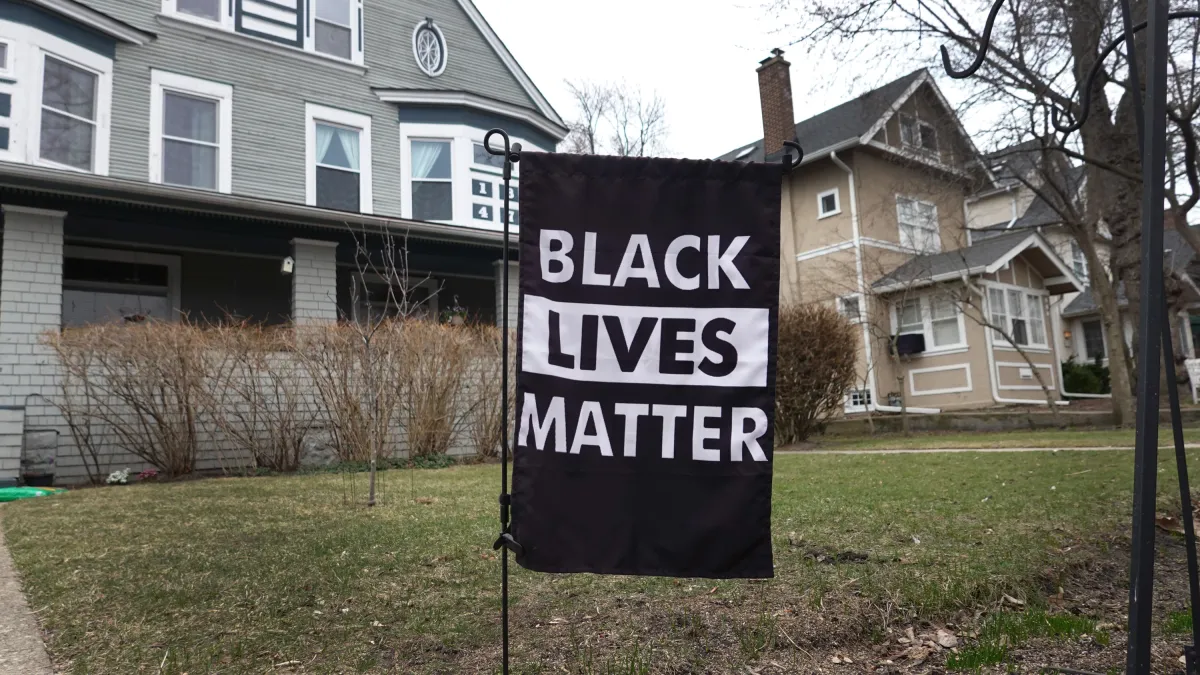In early 2022, Illinois became the second state in the U.S. to set up a commission dedicated to providing reparations for African American descendants of slavery. This group, called the Illinois African Descent-Citizens Reparations Commission (ADCRC), is working under the oversight of Governor J.B. Pritzker to define and achieve its goals.
Reparations aim to address past wrongs or make amends for offenses. This can take the form of a formal apology or monetary compensation. Reparations can impact entire communities or be a more personal exchange. A well-known example is from 1952 when Germany agreed to compensate Holocaust survivors, resulting in over 80 billion euros paid by 2022. South Korea has also demanded reparations from Japan for early 20th-century occupations, supported by President Joe Biden last year.
The movement to address the descendants of enslaved Africans is gaining global traction due to the extensive impact of the transatlantic slave trade, which forcibly transported about 12.5 million Africans between the 15th and 19th centuries. United Nations officials regularly advocate for reparations for the descendants of these trade victims.
While reparations are not new, their implementation in Illinois is. The ADCRC’s main job is to define what reparations mean in the context of Illinois. Though Illinois became a “free state” in 1818, slavery persisted in certain areas until the federal emancipation in 1863. The commission also examines other forms of race-based discrimination linked to slavery, such as predatory lending and state-sponsored segregation, often referred to as “redlining.”
Marvin Slaughter, chairman of the ADCRC, highlights that many racial disparities originate from slavery and are primarily influenced by wealth. The commission defines reparations as measures ensuring equity and parity for African American descendants of slavery and continues to hold meetings and gather public input to determine the best approaches.
Defining reparations involves deciding what forms they will take. For instance, Evanston, a city in Illinois, became the first U.S. city to pay reparations to eligible residents using funds from the city’s cannabis sales. Their program offers benefits such as home purchase aid, mortgage assistance, home improvement support, and direct cash payments to descendants of slavery.
Eligibility for reparations in Illinois includes those who can prove their lineage as descendants of the American slave trade or African American communities affected by disinvestment due to slavery. The ADCRC is still working out the details of the application process. In Evanston, residents can show eligibility by proving they or their ancestors lived in areas affected by historic racial housing policies.
Evanston’s reparations program is a model for others, and Chicago Mayor Brandon Johnson has also established a Reparations Task Force, allocating city funds to support it. Other states like California, New York, and Washington D.C. are developing similar initiatives. On a federal level, reparations have been granted before, such as to Japanese Americans interned during World War II, who received a formal apology and $20,000 each under the 1988 Civil Liberties Act signed by President Ronald Reagan.
Despite these efforts, the ADCRC operates independently of other local or political organizations. Local reparations task forces in Illinois have also not indicated plans to collaborate with the state commission.
Also Read:
- Mayor Daniella Levine Cava Charts Miami-Dade’s Path to Housing Equity
- Congressman Sorensen Applauds Water Infrastructure Investments for Savanna and Sherrard
One key role of these commissions is to educate the public about the history and impact of slavery and systemic disenfranchisement in Illinois. Slaughter believes that teaching true history and presenting accurate data will help in overcoming resistance to reparations efforts.






